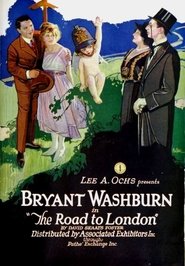
George J. Folsey
George Joseph Folsey (July 2, 1898 – November 1, 1988) was an American cinematographer who worked on 162 films between 1919 and his retirement in 1976. He worked for both Associated First National and Paramount Astoria Studios before relocating to Hollywood and Metro-Goldwyn-Mayer, where he spent the bulk of his career. Folsey's many credits include The Letter, The Cocoanuts, Animal Crackers, The Great Ziegfeld, A Guy Named Joe, The White Cliffs of Dover, Meet Me in St. Louis, The Clock, The Harvey Girls, Adam's Rib, A Life of Her Own, Million Dollar Mermaid, Seven Brides for Seven Brothers, The Cobweb, Cash McCall, and The Balcony. For television he served as director of photography for various episodes of the ABC series The Fugitive and an NBC special starring figure skater Peggy Fleming, for which he won an Emmy Award for Best Cinematography For Nonfiction Programming. Folsey was nominated for the Academy Award for Best Cinematography thirteen times but never won. Eight months before his death he was honored with the first Lifetime Achievement Award presented by the American Society of Cinematographers, for which he served as President in 1956-57. Folsey's son George Jr. was a director/producer/editor. Folsey died in Santa Monica, California.
Known For
Credits
- 1982 · The Marx Brothers in a Nutshell as Self
- 1941 · You Can't Fool a Camera as Himself
- 1921 · The Road to London as Rex's father

